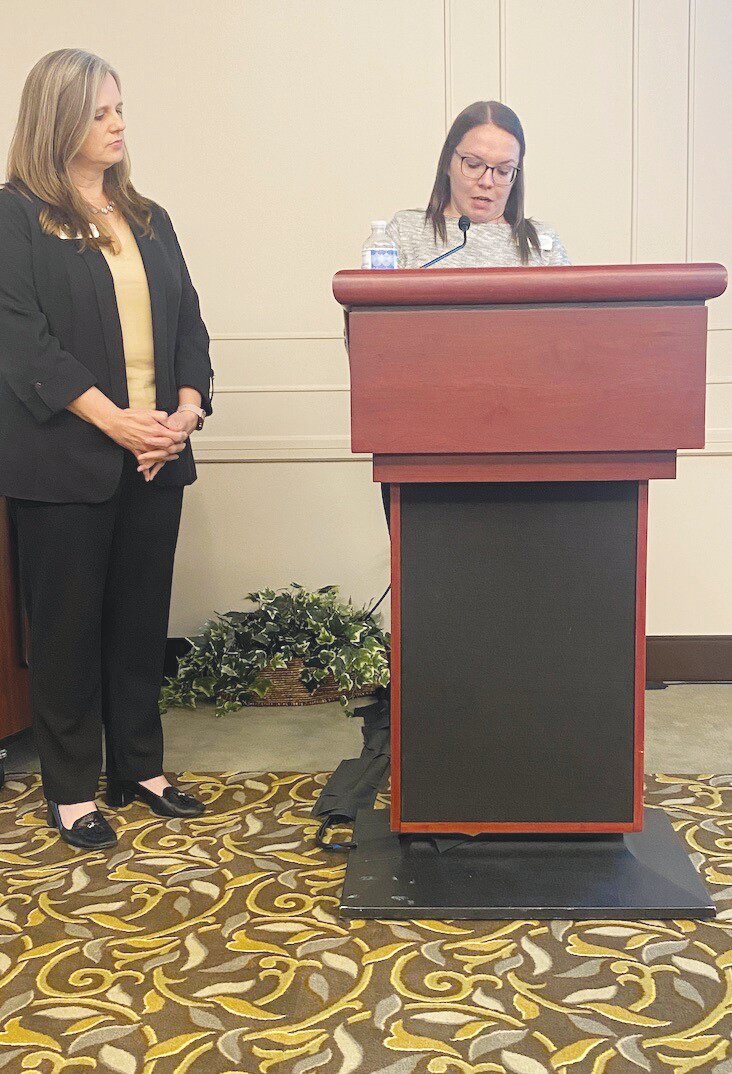The ins and outs of vacation rentals
Clay County Tourism Board stresses safety
ORANGE PARK – The Clay County Tourism Board met last week to discuss short-term rentals and vacation rental businesses.
Director of Tourism and Film Development Kimberly Morgan guided …
This item is available in full to subscribers.
Attention subscribers
To continue reading, you will need to either log in to your subscriber account, below, or purchase a new subscription.
Please log in to continueDon't have an ID?Print subscribersIf you're a print subscriber, but do not yet have an online account, click here to create one. Non-subscribersClick here to see your options for subscribing. Single day passYou also have the option of purchasing 24 hours of access, for $1.00. Click here to purchase a single day pass. |
The ins and outs of vacation rentals
Clay County Tourism Board stresses safety
ORANGE PARK – The Clay County Tourism Board met last week to discuss short-term rentals and vacation rental businesses.
Director of Tourism and Film Development Kimberly Morgan guided residents owning vacation rentals through the business by emphasizing safety, education and industry expertise.
Denis Hanks, Executive Director of the Florida Alliance for Vacation Rentals, commented on the exponential growth of the rental industry, which has skyrocketed in the last two years following the COVID-19 pandemic. He said the number of vacation rentals in the state ballooned from 233,000 to 382,000 since 2021.
The industry, which has increased by 163% units during the past two years, is constantly evolving and shifting, responding to ever-developing dynamics in the market – especially post-pandemic.
“The industry is evolving rapidly. We’re seeing purpose-built homes and communities specifically designed for vacation rentals. The industry continues to change and expand,” he said.
Third-party vendors, including landscapers, plumbers and others, have seen the benefits through the creation of over 300 jobs, Hanks said. He said vacation rentals have a nearly $30 billion annual economic impact, outpacing the citrus industry.
Speakers addressed a wide range of other pivotal subjects regarding the rental industry, including human trafficking. A growing problem in Florida, the state is ranked third in the U.S. for trafficking cases.
Industry members must take a one-hour certification class on human trafficking awareness every year, although optional for housekeepers and other vendors. However, property owners or managers can suggest employees take the course.
“If you see something, say something, and make a report,” Hanks said.
Other topics included balcony safety, navigating the Tourist Development Tax collection and Department of Business and Professional Regulation licensing processes, the requirements for obtaining a business license for short-term or vacation rentals in Orange Park and Green Cove Springs.
Safety and liability, fraud and chargebacks were addressed by Florida Alliance for Vacation Rentals General Counsel Keith Brady.
No information was more important than when Tina Morgan, Circuit 9 Council Development Administrator, and Kirby Morgan, Central Region Child Fatality Prevention Specialist of the Florida Department of Children and Families talked about water and pool safety, especially regarding safety for children under four years old.
They said there should be multiple layers of protection to restrict unsupervised access to natural water sources and pools. They stressed limiting access to pools, securing pool fences and providing clear safety instructions to renters. They encouraged removing ladders from above-ground pools when not in use and clearing away objects bordering the pool that opportunistic toddlers could potentially climb toward.
Florida has 1.6 million pools, the most of any state. With 307,000 rental homes and 37.9 million tourists visiting during the first quarter of this year, a high number of tourists, some from states with less exposure to water, it’s important to learn and practice safety measures.
Most fatal drownings occur during non-swim time. The Morgans recommended water watcher tags to ensure active supervision, which is a visible reminder of the designated adult supervision. Water watchers must remain alert and avoid distractions, like social media, at all times.
Brady said one of the most effective measures to prevent child drownings is to install hard-wired door alarms. These devices are designed to alert when a door to the pool area is opened, providing another layer of security for young children.













